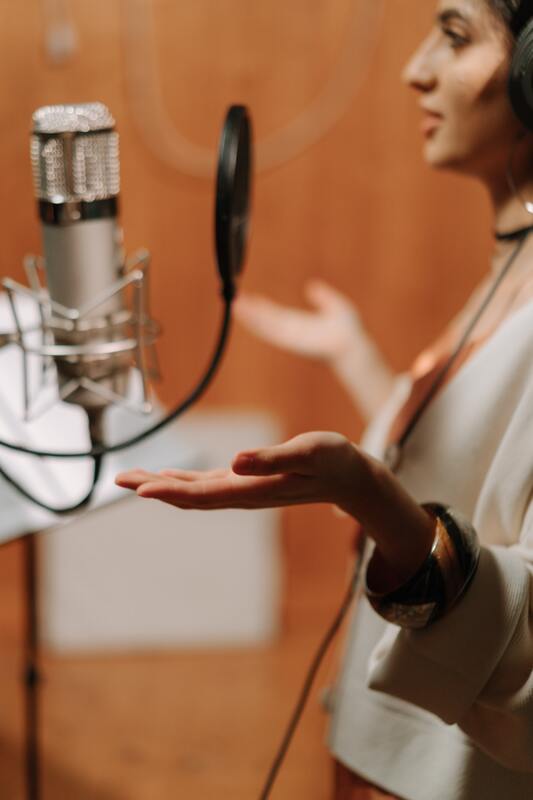 Back when my band and I were recording the Chip DiMonick "Not Yet Rated" album in 2007, the recording engineer/owner of the recording studio asked us, "Where are you guys getting this album mastered?" Huh? Our album needs to be mastered? What's that? And don't you do that here? Those are among the questions that flooded into our heads. (This was years before I did any music production/recording/mastering myself) It was a decision we weren't prepared for. So, we asked the engineer who he'd recommend. He recommended a guy in Chicago. Upon investigating the guy's website, it sounded like he specialized in mastering for vinyl records. And, in 2007, we had no interest in doing a vinyl pressing of our album. But, if our recording engineer had experience with him, we figured it would work out OK. We didn't really know what mastering did, so we didn't know who else might be better. Well, we started learning about mastering soon thereafter. After we sent in our unmastered recordings, we got back our mastered recordings. Something was very weird. On the songs we tuned down to C# on, we couldn't hear the low C#'s. "Is this even possible or are our ears playing tricks on us?" we wondered. I called the mastering engineer. He said that, because of the reference track we sent him - "Dead" by My Chemical Romance - he thought we'd want that C# eliminated so he cut that frequency. Still to this day, I have no idea why he would have thought this was a good idea. But he could restore it in a revision. And he did. The C# was back, but we still didn't exactly know how to evaluate how good the mastering was. Being 2007, this was during the peak of what was called "the loudness war," where mastering engineers competed almost exclusively on how loud they could make a recording. So, we put the master CD in back-to-back with our friends' CD. Theirs was louder. So, we asked the mastering engineer to make ours louder. He did. Without advising us what we'd be sacrificing in quality for loudness. But, not really knowing anything about mastering other than it can affect volume and take notes/frequencies right out of your songs, we were "satisfied." In hindsight, we could have done so better. The decision on who to master our album was ours. But, we were unprepared for it and were willing to blindly choose a mastering engineer just based on our recording engineer's recommendation (which could have been based on a kickback for all we knew). It's a regret. It's not 2007 anymore. The loudness war has been over for years. Streaming allows you to evaluate virtually unlimited examples of independently produced music. Yet, musicians STILL treat the mastering decision with the same ignorance and apathy as we did back then. In my post from a couple of weeks ago, I wrote that "because mastering is the last thing done to improve the sound of your music...it is a process that you should take seriously." I wish I someone gave me that advice 15 years ago. Careful consideration isn't just necessary when your recording engineer suggests a mastering studio. It's also necessary when your recording engineer suggests doing your mastering himself/herself, which is a topic all unto itself! I'll post on that in the near future. But, if you have the knowledge that mastering is a separate and necessary part of music production and the insight to know that you should choose the best mastering studio for your needs, we'd appreciate you considering Before and After Music Group's mastering services. Email us at beforeandaftermusicgroup@gmail.com or call/text us at 412-600-8241.
0 Comments
Leave a Reply. |
AuthorChip Dominick is the CEO and head mastering engineer for Before and After Music Group Archives
June 2023
Categories
All
|

 RSS Feed
RSS Feed